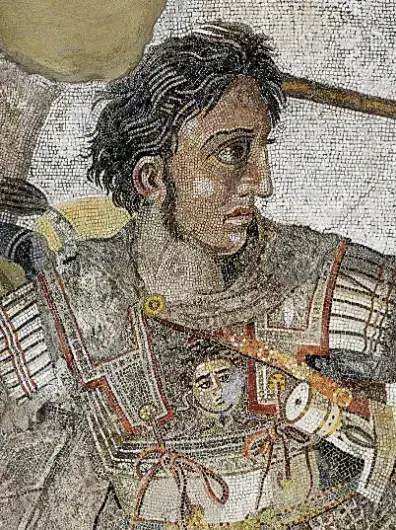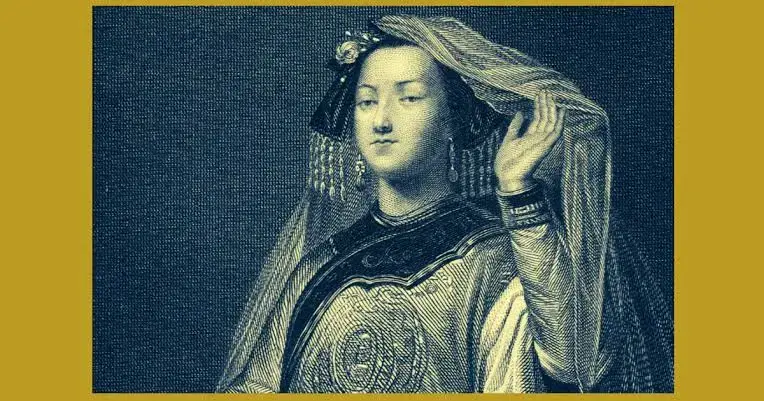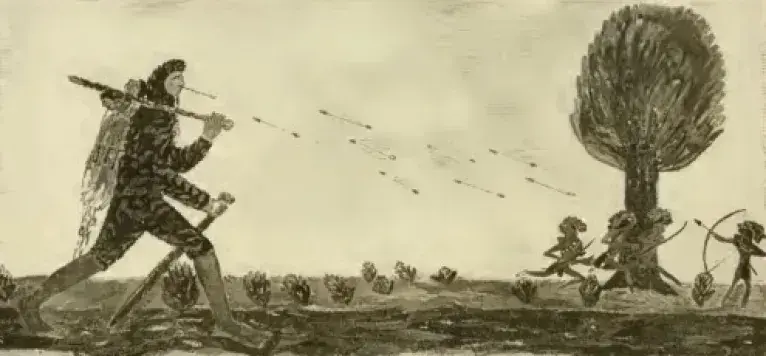Alexander the Great

Alexander III of Macedon (Ancient Greek: Ἀλέξανδρος, Aléxandros; July 20/21, 356 BC – June 10/11, 323 BC), commonly known as Alexander the Great, was king of the ancient Greek kingdom of Macedon. Ascending to the throne in 336 BC at age 20 following his father Philip II's death, Alexander spent most of his reign conducting extensive military campaigns throughout Western Asia, Central Asia, parts of South Asia, and Egypt. By age 30, he had created one of history's largest empires, stretching from Greece to northwestern India.
Remaining undefeated in battle, he is widely regarded as one of history's greatest and most successful military commanders. Tutored by Aristotle until age 16, Alexander began asserting his authority shortly after becoming king. In 335 BC, he campaigned in the Balkans, reasserting control over Thrace and parts of Illyria before defeating and destroying Thebes.
Alexander then led the League of Corinth and launched his father's pan-Hellenic project, taking command of all Greeks in their conquest of Persia. In 334 BC, Alexander invaded the Achaemenid Persian Empire, beginning a decade-long series of campaigns. After conquering Asia Minor, he broke Persian power through decisive victories at Issus and Gaugamela, ultimately overthrowing Darius III and capturing the entire Achaemenid Empire.
The Macedonian Empire then stretched from the Adriatic Sea to the Indus River. Alexander's ambition to reach the "ends of the world" led him to invade India in 326 BC, where he defeated King Porus at the Battle of the Hydaspes. His homesick troops' mutiny forced his return at the Beas River, and he later died in Babylon in 323 BC—the city he had planned as his empire's capital.
His death left unfulfilled plans for additional campaigns, including an invasion of Arabia, and sparked civil wars that eventually fragmented his empire among the Diadochi. Alexander's death marked the beginning of the Hellenistic period, with a legacy of cultural diffusion and syncretism that produced movements like Greco-Buddhism and Hellenistic Judaism. He founded over twenty cities, most notably Alexandria in Egypt.
His settlement of Greek colonists and the spread of Greek culture led to the dominance of Hellenistic civilization as far east as the Indian subcontinent. This Hellenistic influence developed through the Roman Empire into modern Western culture, with Greek becoming the region's lingua franca until the Byzantine Empire's collapse in the mid-15th century. Alexander achieved legendary status as a classical hero in the mold of Achilles, featuring prominently in historical and mythical traditions across cultures.
His military achievements established a benchmark against which later commanders would measure themselves, and his tactics remain studied in military academies worldwide. Legends of his exploits evolved into the third-century Alexander Romance, which became one of the most popular forms of European literature after the Bible, with hundreds of versions translated into nearly every European and Islamic world language.


